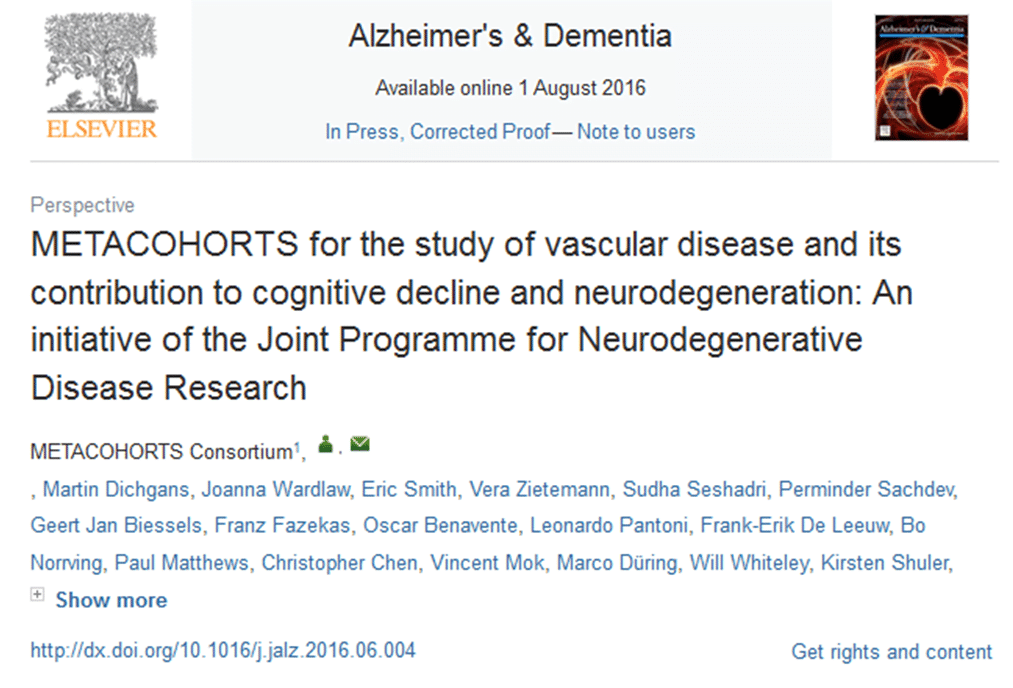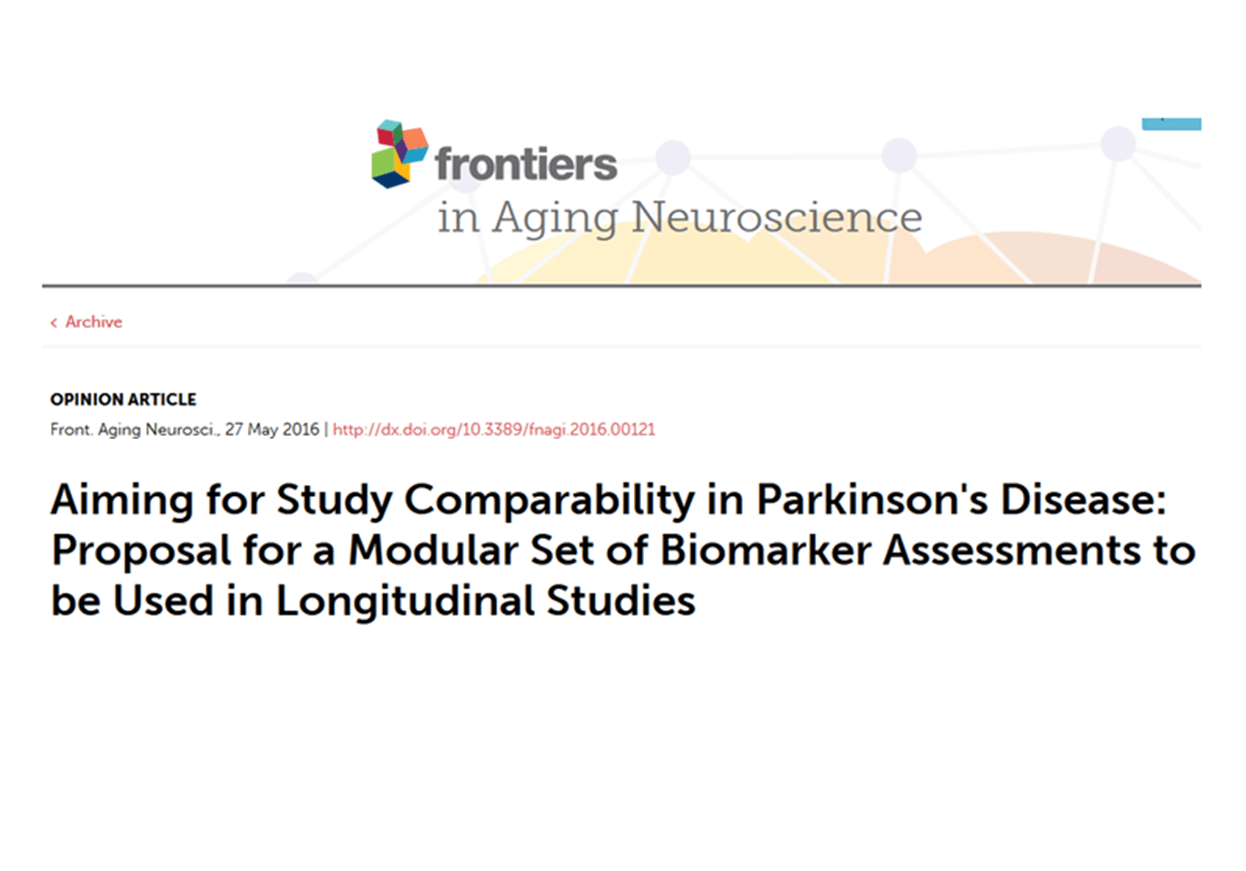The EU Joint Programme Neurodegenerative Disease Research (JPND) has released the results of a “rapid action” call to support ten groups of leading scientists in finding ways to enhance the use of longitudinal cohort studies for neurodegenerative disease (ND) research.
JPND launched this call on 23rd April 2014 as part of a series of new JPND initiatives, designed to amplify the impact of research by aligning and building upon existing national programmes and initiatives, and to bring a more wide-ranging and multidisciplinary approach to research on neurodegenerative diseases.
The awarded proposals are for top ND scientists to come together and recommend how to address the most pressing issues that prevent full use of longitudinal cohorts. This includes population studies and disease cohorts, both having considerable potential for ND research. Funding decisions were based upon scientific evaluation and recommendations to the ten sponsor countries by a JPND Peer Review Panel.
Awards cover a wide ND landscape (Alzheimer’s, Parkinson’s, ALS, Lewy-body and vascular dementia) and different groups will address methodological challenges for studies in a number of areas, including cognition/functional assessment, biomarkers and biobanking, imaging, health and social outcomes and presymptomatic ND.
“The plan is that each group will push forward the conceptualization of a key challenge and derive valuable guidelines and/or best practice frameworks for the wider research community” , commented Dr. Rob Buckle, Director of Science Programmes at the UK Medical Research Council, the organisation which facilitated the call process.
According to Professor Philippe Amouyel, Chair of the JPND Management Board “this is an excellent outcome for JPND and a significant opportunity to advance the field. A rapid and flexible JPND process is now established to achieve JPND strategic goals, here to promote harmonisation of approaches and data sharing. These outputs will accelerate the progress of future studies by the global ND community”.
Each Working Group is expected to run for a maximum of 6 months, reporting back to JPND by Q1 2015. Looking to the future, and drawing on advice emerging from the Working Groups. JPND is likely to launch a follow-up call for full scientific applications on longitudinal cohort studies, to be received next year.
For further information on the Working Groups awards, click on the link below:
 The JPND working group on vascular contributions to neurodegeneration, which was selected under the 2014 call for working groups on cohort studies, brought together 55 international experts on brain disease and dementia to survey the data from more than 90 studies, representing more than 660,000 participants.
The JPND working group on vascular contributions to neurodegeneration, which was selected under the 2014 call for working groups on cohort studies, brought together 55 international experts on brain disease and dementia to survey the data from more than 90 studies, representing more than 660,000 participants.
